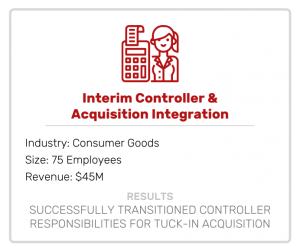
We’ve all been there – one thing started to go wrong, and then another, and another, and another. Before you knew it, you were staring down the barrel of a truly epic business failure. You wondered how you would ever recover, for a moment you thought you never would. But you kept putting one foot in front of the other, and now you’re here.
But failure in the business world is nothing new. Every individual, and nearly every company, has experienced a major failure of one kind or another. The most common approach to learning from failure is straightforward: those involved reflect on what occurred and vow to do better in the future. Sometimes an audit or investigation will occur, a report will be circulated, an executive will be replaced.
But these approaches ignore the fact that failure is not always a bad thing. Learning from failure is often much more complicated than such superficial approaches.
In most circumstances, business or others, fault is a necessary aspect of failure. Many of us fear that admitting fault is taking the blame, but this doesn’t always have to be the case. The best way to learn from failure is to create a safe environment for employees to admit and report it. This doesn’t mean lowering performance standards, but instead, accepting that failure is a natural step to success. Leaders should also appreciate the difference between fatigue and inattention, or between fear of speaking up and deliberately withholding information. The latter is often to blame when fault goes unreported, and opportunities to learn from failure are missed.
Although an infinite number of things can go wrong in any organization, most mistakes fall into three broad categories:
Most preventable failures are quickly-identifiable deviations from standard operating procedures. With proper training and support, most employees can quickly correct these errors, and processes can be improved for future implementation.
Complexity-related failures are usually unavoidable; a particular combination of needs, people, and problems may have never occurred before. This may require employees to make important decisions in unfamiliar situations. While serious failures can be avoided by following best practices for safety and risk management, these small process failures are inevitable. To consider them bad is not just a misunderstanding of how complex systems work, it is counterproductive. Avoiding large, consequential failures means rapidly identifying and correcting small failures on an ongoing basis.
Intelligent failures are the best kinds of failures, and often occur on the verge of a new frontier. When a question has no knowable answer, research and experimentation are necessary. And failure is an important part of that process. The best way to approach this kind of failure is to follow the proper experimentation processes that allow you to fail within a small, controlled setting, rather than conducting financially risky trials that may fail on a grand scale.
In order to truly learn from failure, companies must create and reinforce a culture that counteracts the blame game. Leaders should make people feel comfortable with and responsible for acknowledging and learning from failures. To accelerate this learning process and help the organization continue moving forward, create a space where failure is a necessary part of success, rather than a deterrent from it.